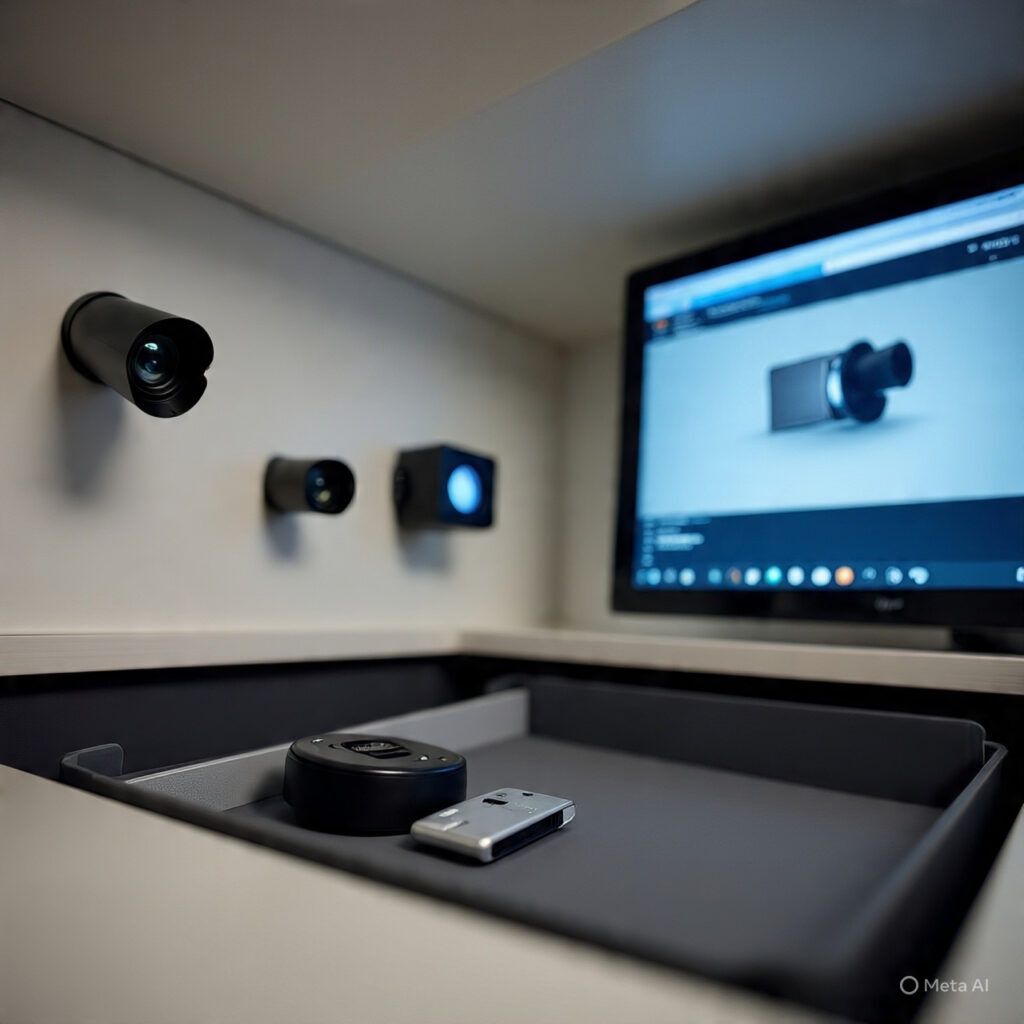Anti-theft and Fraud detection
Anti-theft and Fraud detection - What the Law says
Hidden Cameras & Bugging: Ethical use
When Is Recording Legal?
✅ With consent (e.g., a company recording a meeting where all parties agree).
✅ For security purposes (e.g., CCTV in public areas of a business).
✅ If you are a participant in the conversation (one-party consent may apply)
When Is It Illegal?
❌ Secretly recording private conversations you’re not part of.
❌ Bugging someone’s home/office without permission.
❌ Using recordings for blackmail or illegal purposes.
Ethical & Legal Use of Hidden Cameras in South Africa
Your service must ensure compliance with:
✔ RICA & POPIA: Avoid illegal interception.
✔ Transparency: Advise clients on legal boundaries.
✔ Purpose Limitation: Only use surveillance for legitimate security/investigations.
Disclaimer:
PaperTech provides surveillance solutions strictly for legal and ethical purposes, such as corporate security, fraud prevention, and authorised investigations. Clients must ensure compliance with South African laws, including RICA and POPIA. Unauthorised recording may lead to legal consequences.
How We Can Help (Your Service)
Covert surveillance for theft/fraud detection.
Legal bugging for business meetings (with consent).

